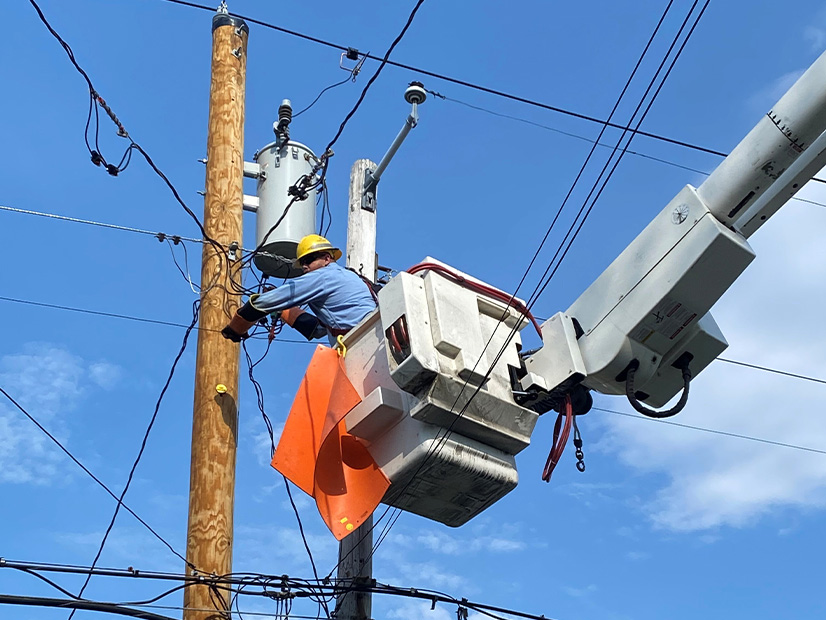
Maine Senators voted 19-10 Monday to pass Gov. Janet Mills’ utility accountability bill with an amendment that removed language related to a consumer-owned nonprofit takeover of the state’s investor-owned utilities.
The bill (LD 1959) directs regulators to seek bids for an IOU if it “consistently fails” to meet specific service standards. Legislators, however, did not include the governor’s proposal for an administration-led committee to supply regulators with a bid from a consumer-owned utility (COU).
Mills introduced her utility bill after vetoing a similar bill last year that provided for a COU takeover without a competitive bidding process. LD 1959 passed the House of Representatives last week and now goes to the governor for approval.
As amended, the bill strengthens a provision for imposing an administrative penalty on IOUs for not meeting service standards in a calendar year, allowing for up to a $1 million fine per year. Persistent problems with service would trigger an adjudicatory hearing by the Public Utilities Commission to determine if divestiture to a “qualified buyer” is warranted. The commission would adopt standards for service quality, customer service, field service and interconnection of distributed energy resources.
The amendment added an integrated grid planning provision that supports a “transition to a clean, affordable and reliable electric grid in a cost-effective manner.”
Utility regulators would be required to initiate a proceeding this fall to identify priorities that the state’s IOUs must address in grid planning to help with that transition. Plans would include load forecasts, energy supply data, hosting capacity analysis, emerging grid technologies analysis, and equity and environmental justice analyses.
The amendment also adjusts Mills’ proposal for utilities to file 10-year action plans to address the effects of climate change on grid assets from every two years to every three years.
“For too long we’ve failed to take action to address the failures of [Maine’s IOUs],” said Sen. Stacy Brenner (D), lead sponsor of the bill, in a statement. Supporters of the bill point to historically low customer satisfaction metrics for Central Maine Power and Versant Power as justification for new service standards.
“This bill will ensure our utility companies put the needs of their customers first, that we’re planning a power grid that is reliable and ready for Maine’s independent energy future and that we help protect ratepayers,” Brenner said.
